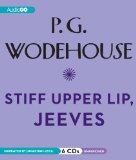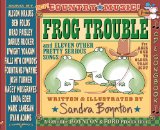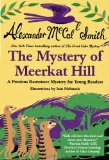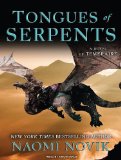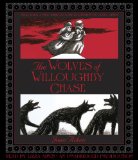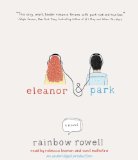Review of From Norvelt to Nowhere, by Jack Gantos
by Jack Gantos
read by the Author
Macmillan Young Listeners Audiobook (Farrar Straus Giroux), 2013. 6 hours on 5 CDs.
Here’s a wild follow-up to Newbery-winning Dead End in Norvelt. We thought we knew who’d killed all the old ladies of Norvelt at the end of the first book. When Jack decides to dress up as that villain for Halloween, he’s surprised when an old lady (who’d recently come back to town from elsewhere) says that someone who looked just like him gave her Girl Scout cookies. And then she drops dead.
This sets Miss Volker on the rampage. When her sister dies in Florida, she convinces Jack’s parents to let him come with her to make funeral arrangements. But there are people on their trail, hoping they will make connection with the killer, who seems to also be following them. So they decide they’d better buy some wheels rather than taking the train.
Of course, Jack’s only experience driving is driving Miss Volker around Norvelt, but she insists he take the task on, even though their attempts at camouflaging the car with paint seem to do the opposite.
Jack has been reading classics in comic book form, and Miss Volker is inspired by Captain Ahab of Moby Dick, determined to spear the white whale.
Where else are you going to read about a crazy old lady on a road trip with a 13-year-old boy seeking revenge on a killer? Jack Gantos reads the story himself, and his voice grows on you. He knows how to spin a tale.
macmillanaudio.com
mackids.com
Find this review on Sonderbooks at: www.sonderbooks.com/Childrens_Fiction/from_norvelt_to_nowhere.html
Disclosure: I am an Amazon Affiliate, and will earn a small percentage if you order a book on Amazon after clicking through from my site.
Source: This review is based on a library audiobook from Fairfax County Public Library.
Disclaimer: I am a professional librarian, but I maintain my website and blogs on my own time. The views expressed are solely my own, and in no way represent the official views of my employer or of any committee or group of which I am part.
Please use the comments if you’ve read the book and want to discuss spoilers!


